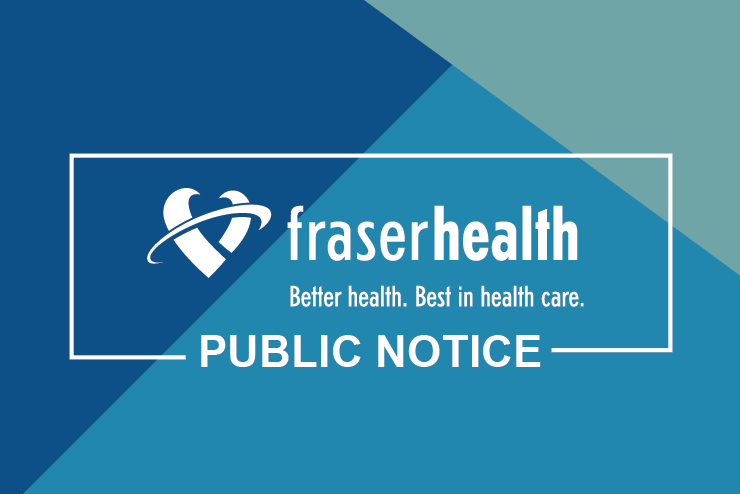
Recognizing the need to bring specialized skills and capabilities to Fraser Canyon Hospital, a cross-functional team came together to create and implement the Rural Emergency Competency Education Pathway – the first of its kind in Canada.
In late 2021, specialized education was needed for many of Fraser Canyon Hospital’s Emergency Department nurses. But due to already-high nursing vacancy rates at the rural Hope hospital, sending nurses off site for training was not an option.
Enter the team that made the Rural Emergency Competency Education Pathway (ECEP) a reality. This team – comprised of individuals across Fraser Health – developed a program, the first of its kind in Canada, to bring training to the nurses.
“We needed to completely rethink how education is done,” says Kathy Scarborough, director of learning strategies and innovations, whose team partnered with Fraser Canyon Hospital to design a program uniquely suited for its context.
Fraser Canyon Hospital sees many of the same trauma cases and seriously ill patients as urban hospitals in our region. Unlike urban hospitals, however, the accessibility to specialty resources and staff experience isn’t always available.
When asked about what it’s like when trauma cases and seriously ill patients are brought to Fraser Canyon Hospital, Len van Oort, manager of the hospital’s clinic operations explains, “In the moment, you’re it. The focus is on stabilizing and then transferring patients who require advanced care to higher level of care or tertiary hospitals within Fraser Health.”
Terri Jones, a clinical practice consultant, designed the Rural ECEP Program in only four months – completely tailoring it to Fraser Canyon Hospital’s unique resources and capabilities. Key to her work was creative problem solving and closely collaborating with the nurses. Their feedback formed the core of the program, which was continuously improved by weekly meetings led by Breanne Darby, a clinical nurse educator.
Program participants were paired with mentors, three of whom stand out for their extraordinary commitments: Breanne, an Abbotsford Regional Hospital registered nurse (RN) who, in addition to helping develop the program, often covered shifts for nurses who called in sick; JoDee Chisholm, who returned from retirement after a 30-year career in emergency nursing; and Alexine Bennis, a clinical nurse educator who volunteered to support the program in addition to her role as a clinical nurse educator with another ECEP program.
“Everyone bought in to the program and was so excited to get started,” shares Kathy Scarborough. “People were coming in during their days off and others who had retired agreed to help. It was inspiring. People were nearing retirement and staying because they were so excited.”
Rachel Johnson, an emergency-qualified RN at Fraser Canyon Hospital, took the program because she wanted to be able to “handle whatever walked through the door.” She now feels more confident in her abilities and how she works with team members.
“I know what to do next, what the doctor is going to ask for, which medications to prepare, which paperwork to do and who to call,” she explains.
Colin Hoock, also an emergency-qualified RN at Fraser Canyon Hospital, echoes that sentiment.
“It’s given me a lot more confidence to assess sick patients and be involved in their care,” he says. “It’s taught me the roles I can be involved in and how to function in a team environment. We all speak the same language.”
The program’s third cohort is underway. Nursing staffing has stabilized – the RN vacancy rate has improved by 50 per cent even though two full-time positions were added – and staff satisfaction and workloads have improved.
Dr. Aseem Grover, Fraser Canyon Hospital’s site medical director, has seen a cultural impact.
“The program has led to more conversations about how to work through scenarios and the nurses are more deeply engaged. The fabric of our hospital family has deepened to create a network where nurses can lean on external nurses as well as the rest of the multidisciplinary team.”
And according to Catherine Wiebe, director of clinical operations for Fraser Canyon Hospital, other health authorities are interested in adapting the Rural ECEP Program for their sites.
“It’s been transformative,” she says. “It’s great learning that can be applied to other rural Emergency Departments.”
Congratulations to the Fraser Canyon Hospital Rural Emergency Competency Education Pathway (ECEP) Team – recipients of an Above and Beyond Innovator Award.


